Korea to Host APEC Summit in November, Anticipates Major Economic Impact
Korea will host the Asia-Pacific Economic Cooperation (APEC) summit from November 12 to 16, bringing together leaders, ministers and corporate executives from 21 member economies. The five-day gathering is expected to be one of the largest multilateral events held in Korea in recent years, both in terms of political importance and international visibility.
Organizers emphasize that while the primary agenda revolves around trade, digital transformation, and sustainability, the summit will also serve as a significant opportunity to highlight Korea’s cultural and historical assets.
Officials project that the event could generate measurable economic impact across various sectors, ranging from hospitality and tourism to cultural industries and local commerce. According to government estimates, the influx of thousands of participants and visitors, including around 3,000 delegates, business leaders and global journalists, may bring in more than 300 billion won (approximately 220 million US dollars) in direct and indirect benefits.
These include hotel bookings, transportation, dining, advertising campaigns and international media exposure. Economists point out that similar APEC gatherings in Japan and Peru generated comparable levels of economic activity, with extended boosts to tourism that continued well beyond the summit itself.
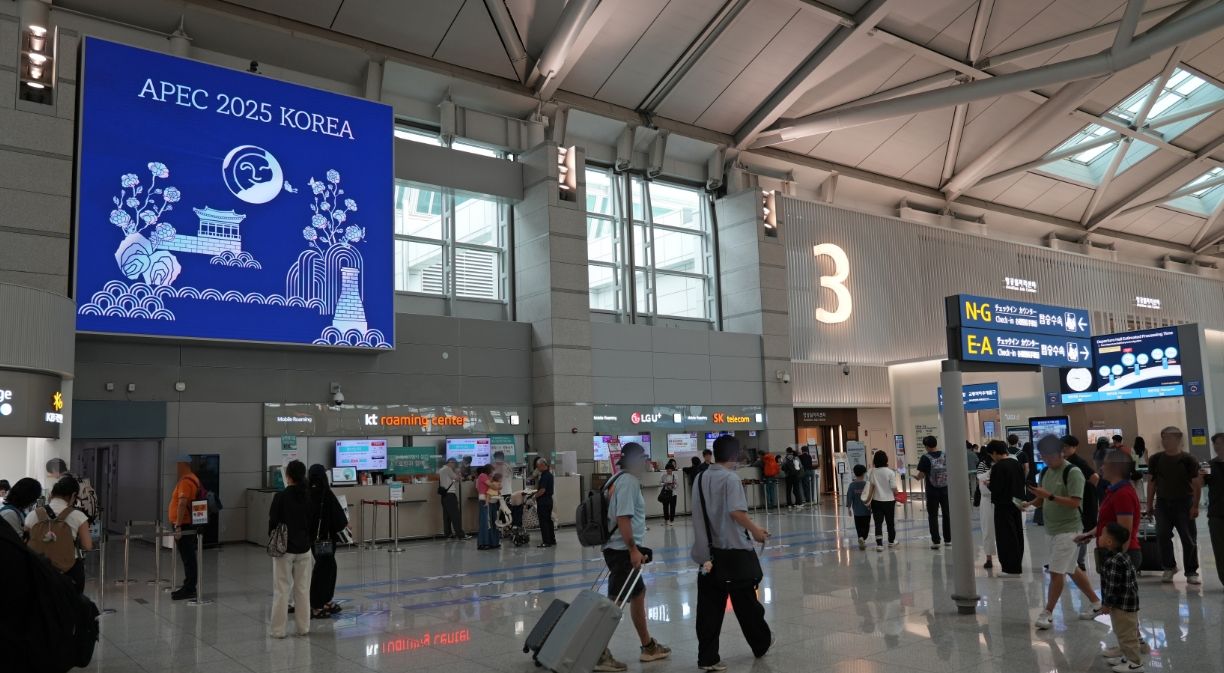
The Korean government also sees the summit as a platform for long-term national branding. In addition to the sessions in Seoul, cultural programs and visits to historic sites such as Gyeongju will provide an avenue to project Korea’s heritage on the global stage.
Gyeongju, known as the “museum without walls,” is expected to leave a strong impression on visiting delegations, connecting the modern economic narrative with Korea’s 1,000-year-old cultural roots. By weaving economic dialogue with cultural storytelling, the organizers hope to reinforce Korea’s dual image as a hub of innovation and tradition.
Industry experts underline that the summit represents a critical moment for Korea’s marketing and communication strategy. As diplomatic gatherings increasingly double as showcases for national branding, the choice of cultural heritage sites alongside official discussions reflects the broader trend in which soft power plays a complementary role to hard policy. For Korean marketers and advertisers, the APEC summit is a case study in how a nation can combine economic diplomacy with cultural promotion to maximize global attention.
한국 최초 글로벌 옥외광고 뉴스레터
세계 옥외광고 뉴스를 편하게 이메일로 받아 보는 법!


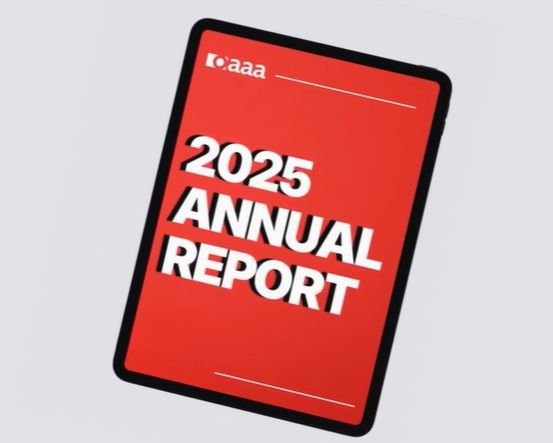
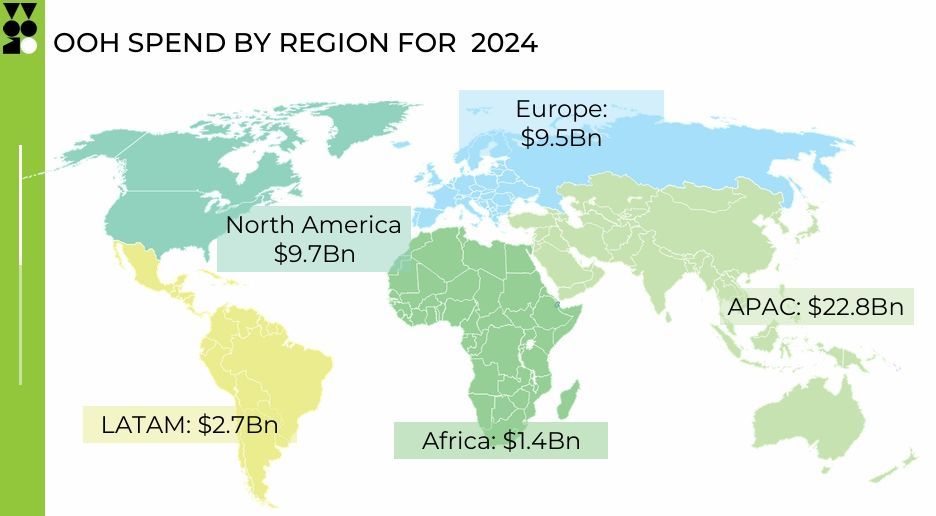
![[신간도서] NEXT OOH](https://cdn.media.bluedot.so/bluedot.oohnews/2025/06/wr0mf3_202506030151.JPG)
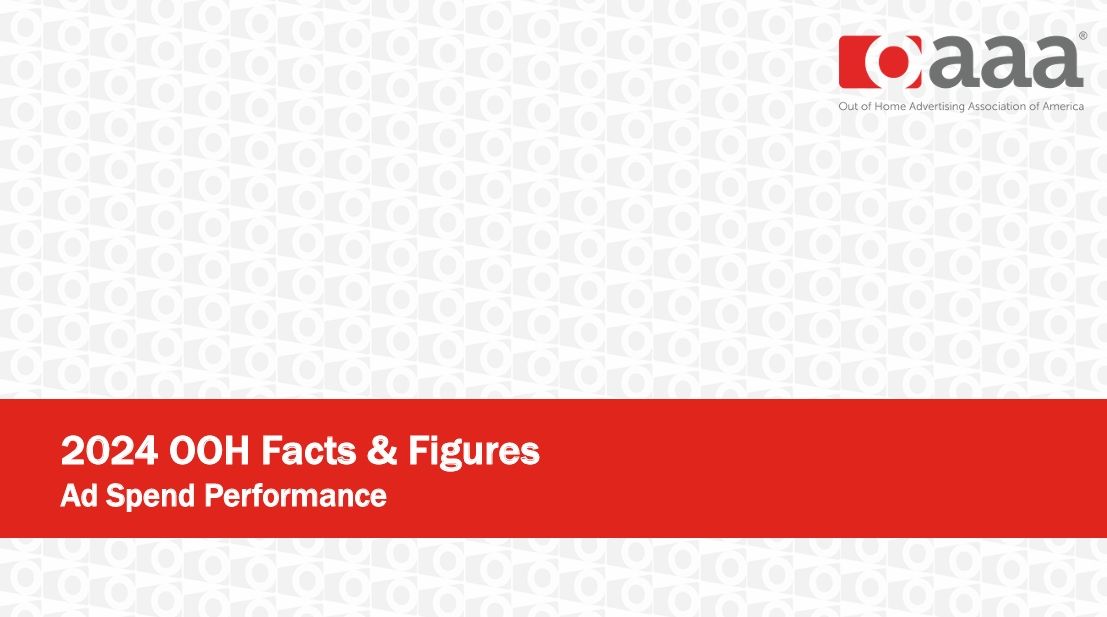
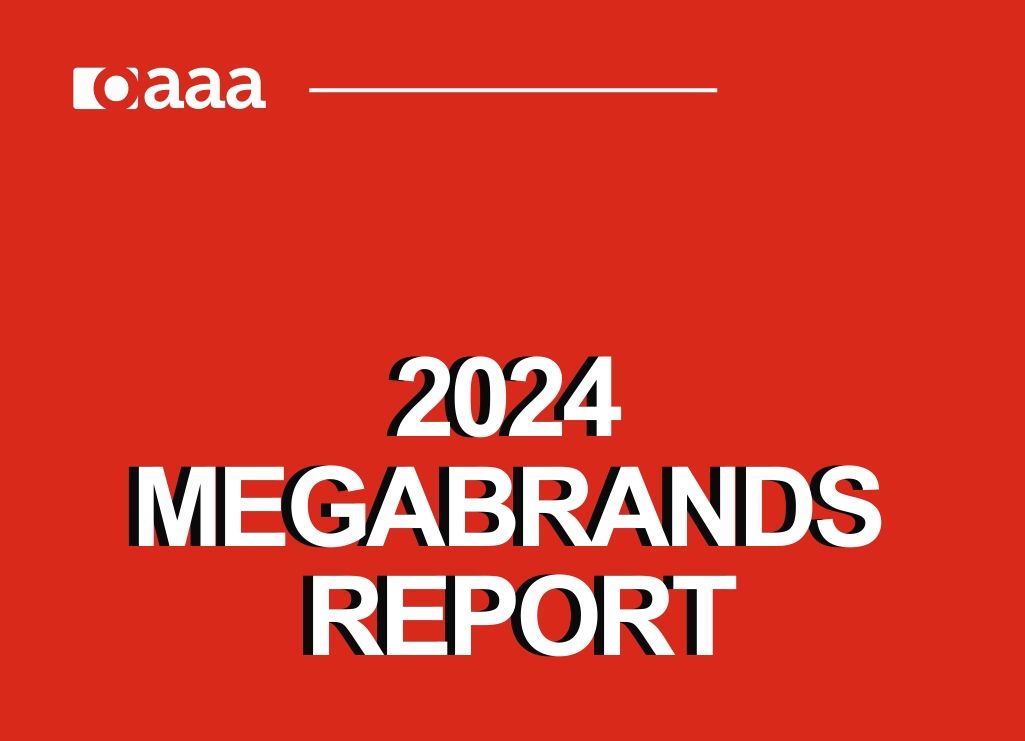
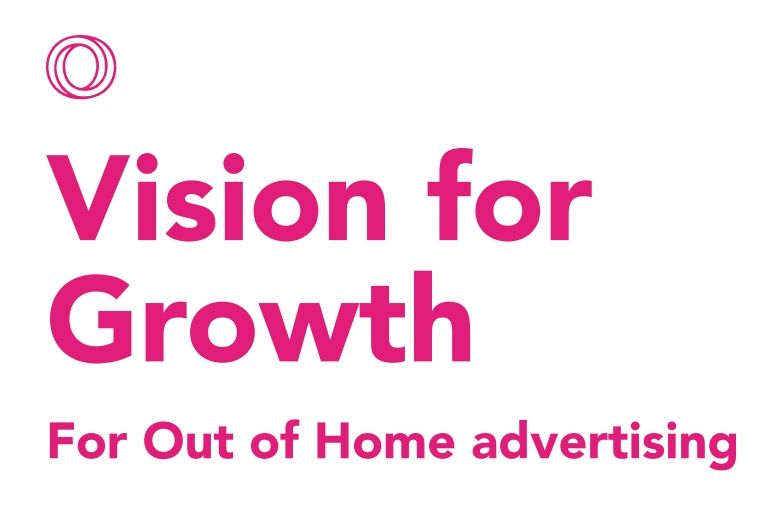
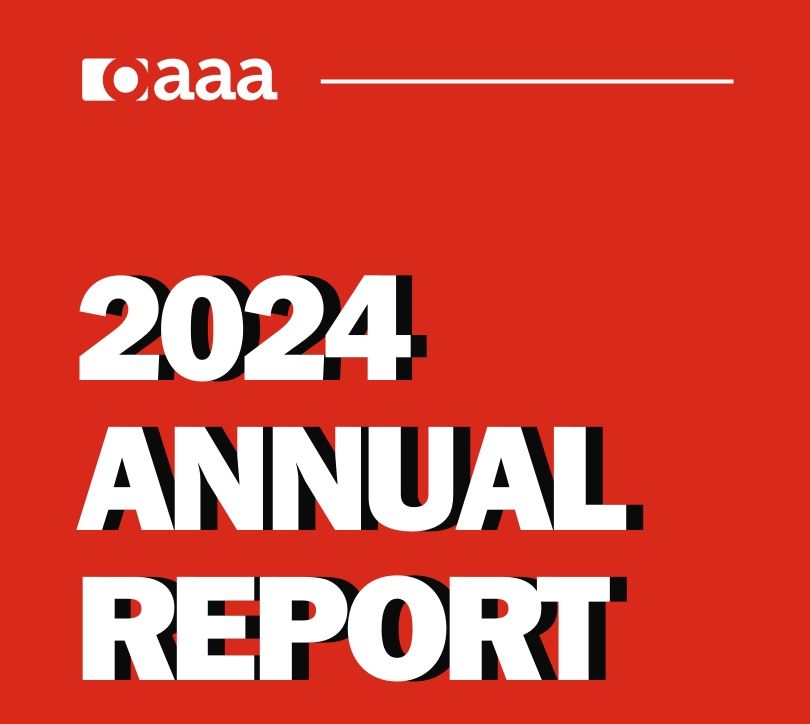
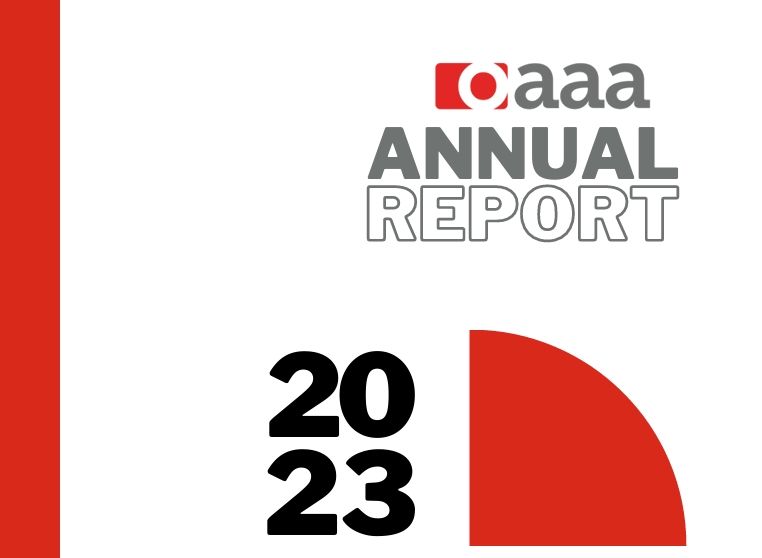
![[미국옥외광고협회] Out of Home Advertising Posts Record Third-Quarter Volume](https://cdn.media.bluedot.so/bluedot.oohnews/2024/11/2doqxb_202411220622.jpg)
